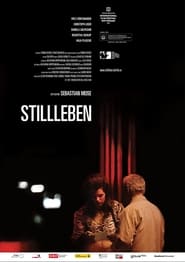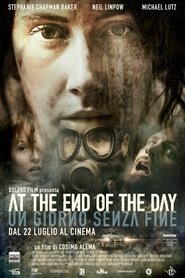detail profile anja plaschg

Anja Plaschg
Soap&Skin
atau dikenal sebagai
Peran Yang Di Mainkan Anja Plaschg
 In 1750 Austria a deeply religious woman...
In 1750 Austria a deeply religious woman...The Devil's Bath 2024
In 1750 Austria, a deeply religious woman named Agnes has just married her beloved, but her mind and heart soon grow heavy as her life becomes a long list of chores and expectations. Day after day, she is increasingly trapped in a murky and lonely path leading to evil thoughts, until the possibility of committing a shocking act of violence seems like the only way out of her inner prison.
 A single day from the tender...
A single day from the tender...Italy & (This is) Water 2019
A single day: from the tender break of dawn to the darkest night. One out of many days to come? Quite possibly the very last. A long farewell, an ultimate goodbye to a life we have grown to hold dear. Leading to a head-on dive into a new reality, into a new state of being. To long for the unknown. To desire to be at the mercy of chance. Last caresses in solidarity, last minutes in shelter. End means beginning. Death becomes birth. From water, back into water. From gas to solid. Everything is commenced by woman, everything ends with a woman.
 Its not uncommon for a film...
Its not uncommon for a film...The Dreamed Ones 2016
It’s not uncommon for a film to have a moving love story at its core. Yet this particular set-up is unusual. The lovers here are Ingeborg Bachmann and Paul Celan, both important representatives of post-war German-language poetry. The story of the relationship between the Austrian and the Jew from Czernowitz is told through their nearly 20-year correspondence (1948–1967). Or, more precisely, by a young woman and a young man reading from their letters in a studio in Vienna’s venerable Funkhaus.
 An unexpected letter forces siblings Bernhard...
An unexpected letter forces siblings Bernhard...Still Life 2012
An unexpected letter forces siblings Bernhard and Lydia to confront each other and to deal with their family history.
 A game of paintball turns deadly...
A game of paintball turns deadly...War Games: At the End of the Day 2011
A game of paintball turns deadly when three unhinged and deranged ex-soldiers play a twisted mind game of catch and release with their unsuspecting victims. This quickly leads to a bloody man hunt where everyone is a target and no one is safe.
 Adam and his mother usually spend...
Adam and his mother usually spend...